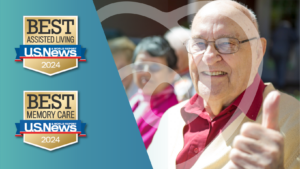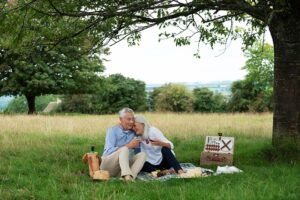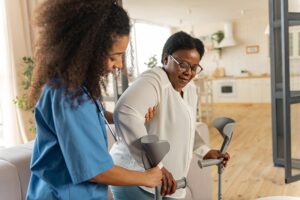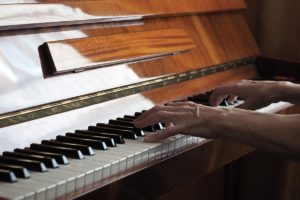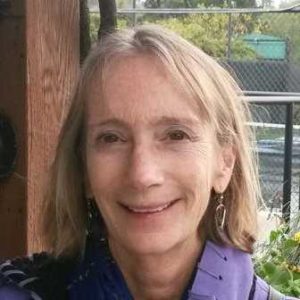
Guest blog by Margaret “Gary” Bender, memory care specialist, Elder Care Alliance
Earlier this month, I attended an LGBT Dementia Care Summit that brought together service providers, community members and policymakers to look at opportunities to meet the needs of those facing dementia while working toward forming a network of dementia-capable services for the LGBT community.
Hosted by the Office of Senator Scott Wiener, the summit was organized and supported by the
Alzheimer’s Association – Northern California and Northern Nevada Chapter, Family Caregiver Alliance (FCA), City and County of San Francisco Department of Aging and Adult Services (DAAS) and openhouse, which offers housing, services and community for LGBT seniors in the Bay Area.
There were about 70 people in attendance, mostly social workers and people from caregiving organizations. Marcy Adelman, PhD and founder of openhouse, kicked off the summit and introduced Jason D. Flatt, PhD, MPH, who discussed the latest research around the LGBTQ community and dementia.
Aging with Pride study
Dr. Flatt cited the work of Karen Fredriksen-Goldsen, PhD, a professor at the University of Washington School of Social Work and principal investigator of Aging with Pride: National Health, Aging, and Sexuality/Gender Study (NHAS). The landmark study is described as “the first federally funded longitudinal national project designed to better understand the aging, health, and well-being of LGBTQ midlife and older adults and their families.”
Currently, there are more than 2,400 LGBTQ adults ranging in age from 50 to over 100 who are participating. During lunch, I sat next to one of Dr. Fredriksen-Goldsen’s researchers who is recruiting for a study that will look at the impact of a six-week exercise program on LGBTQ adults experiencing changes in memory and their caregivers.
Dr. Flatt referenced a U.S. News & World Report article that highlights challenges and inequities for older LGBT adults, including:
- More than two-thirds of participants had experienced victimization, such as physical and verbal assaults, and discrimination more than three times in their lives.
- LGBT seniors are more likely to have poor general health, more chronic conditions, higher rates of disability and more psychological distress.
- Discrimination and victimization are the strongest predictors of poor aging, in particular, gay and bisexual older men are more likely than heterosexual men to have poor general health and to live alone.
- Lesbian and bisexual older women have higher rates of cardiovascular disease, and are more likely than heterosexual women to have multiple chronic conditions. About 47 percent have a disability that starts at younger ages, likely due to higher rates of chronic conditions and other stressors.
- Among LGBT people, transgender and bisexual older adults are at an even greater risk for victimization and discrimination, and bisexual and transgender adults are more likely to live in poverty, which heightens their risk for health care disparities and poor health.
- Within the LGBT population, greater health disparities exist for older adults in racial and ethnic minority groups; however, religious and spiritual activities are also greater in those communities, which tends to offset some of the risks.
One of the biggest takeaways for me was the importance of social support and community engagement to help reduce victimization and discrimination. Dr. Fredriksen-Goldsen noted in her report that even though there are many disparities, most LGBT older adults are aging well and have good health.
She added, “Linked to that, we keep finding consistent predictors of greater levels of social support, less victimization and discrimination, more community engagement and a sense of community connectedness and belonging.”
Study explores health and aging concerns
Through his work at University of California San Francisco, Dr. Flatt is doing his own research as a principal investigator for Rainbows of Aging. The study explores the health and aging concerns of lesbian, gay, bisexual, transgender, queer and intersex adults aged 50 and older.
He noted that more than 2 million LGBTQI adults over the age of 50 live in the United States. About 12 percent of the population is in San Francisco, he said, and the number will double by 2030.
Personal observations from carepartners, progress made
Later in the summit, a person who identifies as a black, gay man living with dementia and two family care partners shared their personal experiences and observations, which included:
- People living with dementia who identify as members of the LGBTQ community actually come out twice (or more).
- Members of the LGBTQ community who care for their parents often find they do not remember their child has come out and can become verbally abusive or disown their child over and over again. One of the speakers described this as reliving her personal trauma over again.
- Non-family caregivers may not approve of the family dynamics (i.e. insisting on calling one woman’s spouse her “sister”).
During a discussion on recent progress made in creating LGBT dementia-capable services, we learned DAAS is developing a guide for people in the LGBTQ community living in long term care and the Alzheimer’s Association has introduced LGBT dementia training.
Memory Care Specialist reflections
I found the LGBT Dementia Care Summit to be very informative and paralleled Elder Care Alliance’s commitment to innovation and not relying on dated ideas about senior care.
It provided me with some considerations about the unique challenges people who identify as LGBTQI face as they live with dementia and provided insight into their personal perspectives and experiences. Additionally, it helped me identify potential challenges in implementing LGBT-inclusive strategies in our five communities and formulating appropriate solutions.
















